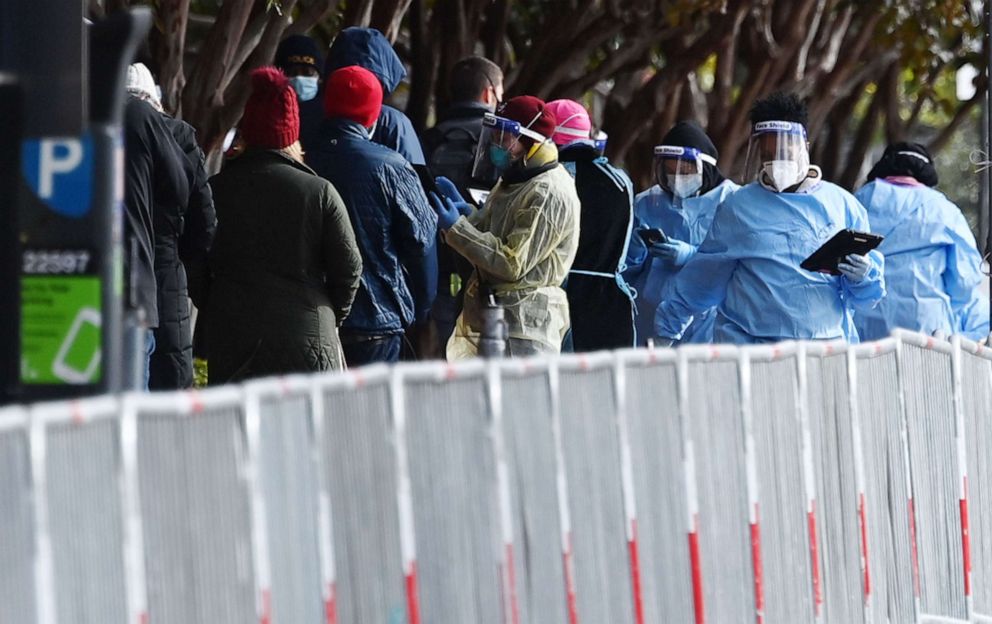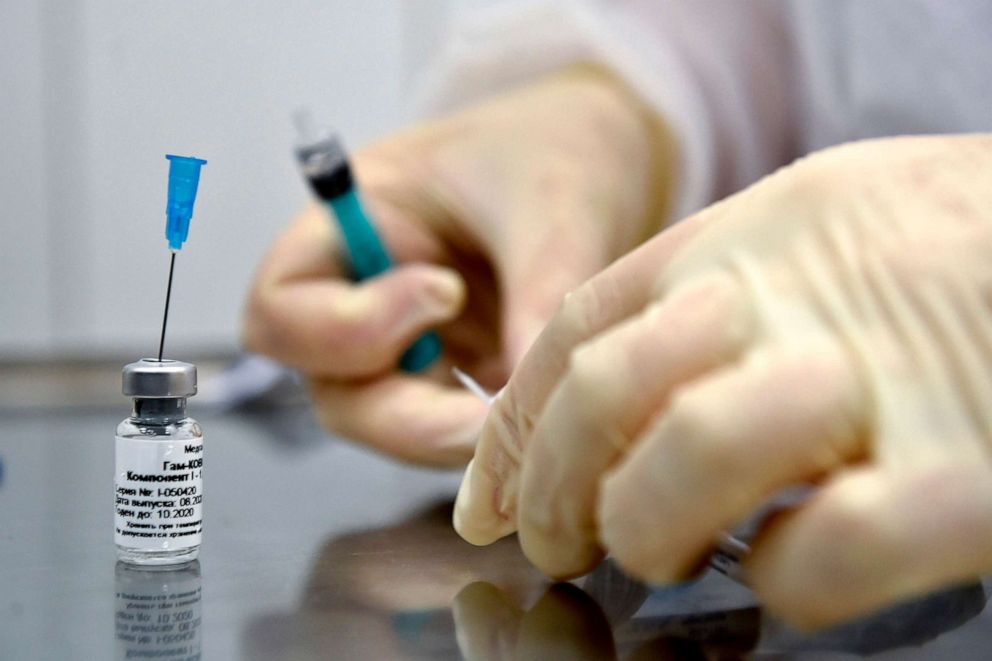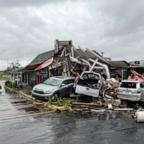Pfizer vaccine could be distributed 'soon after Dec. 10,' Azar says
Pfizer's COVID-19 vaccine candidate could be distributed "soon after Dec. 10," Health and Human Services Secretary Alex Azar said during an Operation Warp Speed briefing Tuesday.
Pfizer applied for emergency use authorization from the Food and Drug Administration last week, and a hearing date was set for Dec. 10 to discuss the vaccine's possible authorization.
"If all goes well, we could be distributing vaccines soon after Dec. 10," possibly within 24 hours of FDA authorization, Azar said.
Elderly care facilities and health care providers will be the first to be offered the vaccine, according to U.S. officials.
Officials addressed an increase in vaccine hesitancy amidst the race to develop a COVID-19 vaccine. The Centers for Disease Control and Prevention and public health leaders are working on a campaign to educate the public on the need to be vaccinated and the safety and efficacy of the vaccine, Azar said.
“I will get myself vaccinated as soon as I will be allowed to be vaccinated, to demonstrate to the American people my complete confidence in the independence and integrity of the process and the quality of any vaccine that I would make available to the American people,” Azar later added.
ABC News' Arielle Mitropoulos contributed to this report






